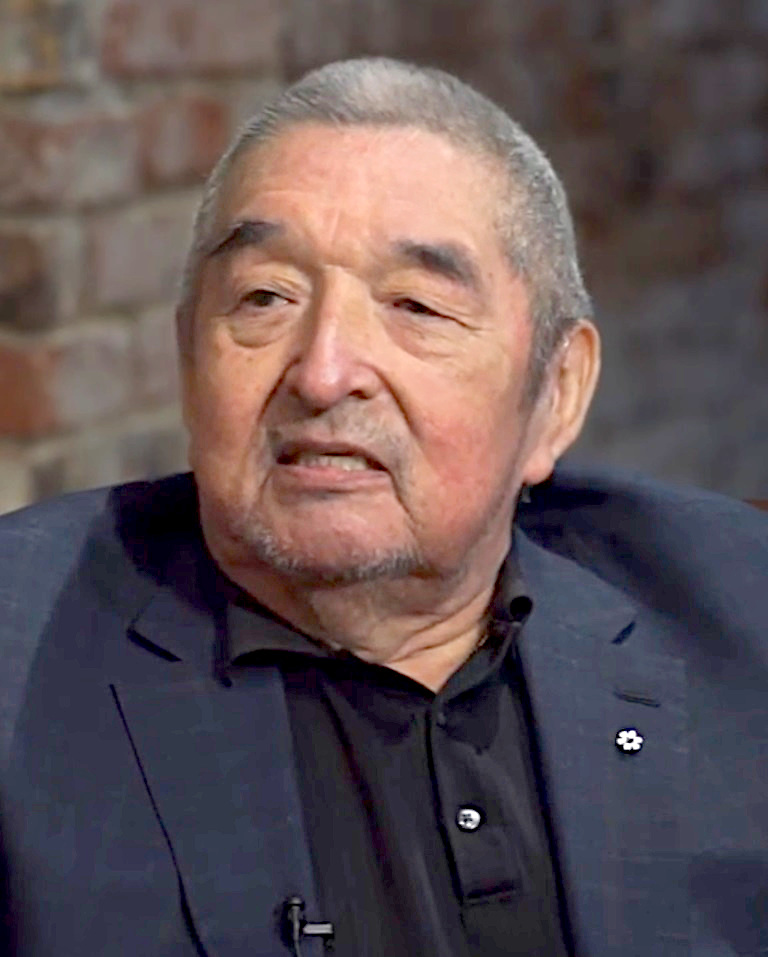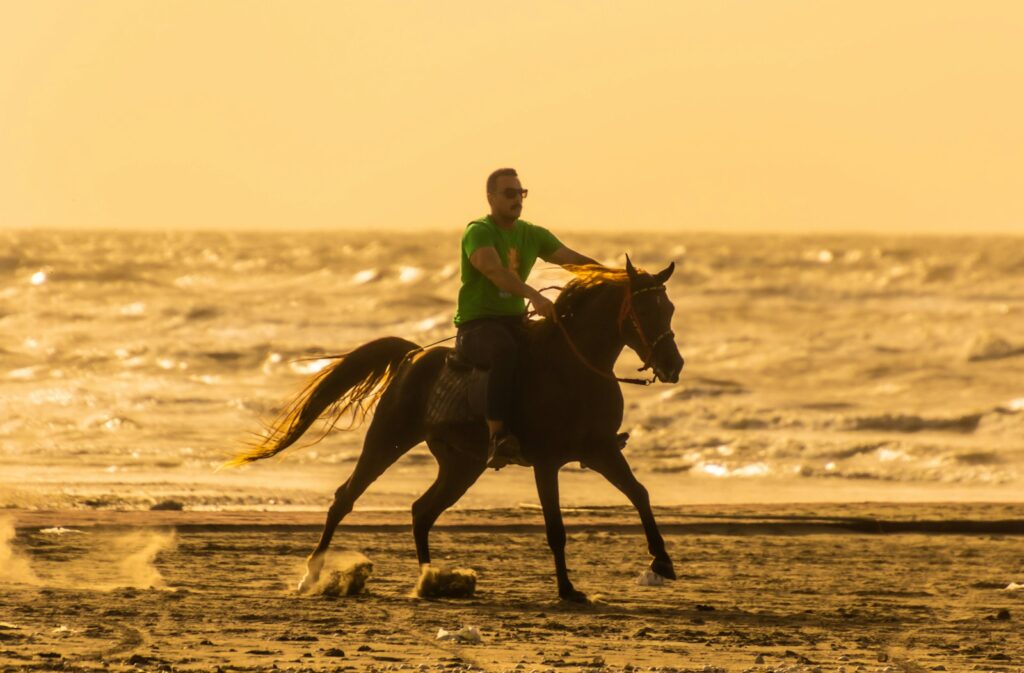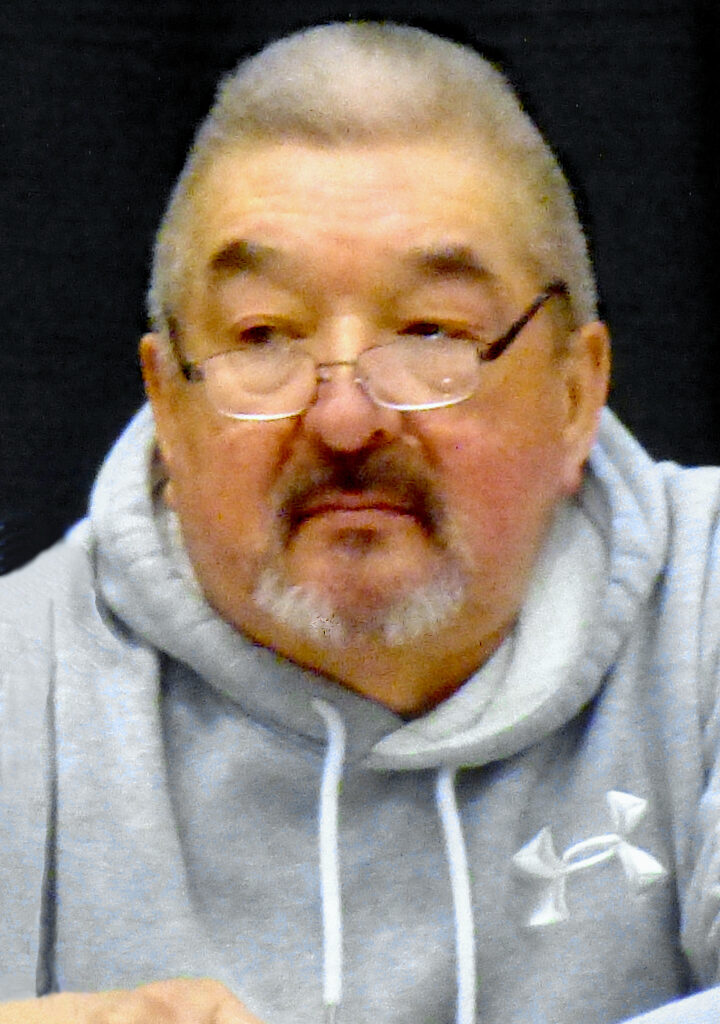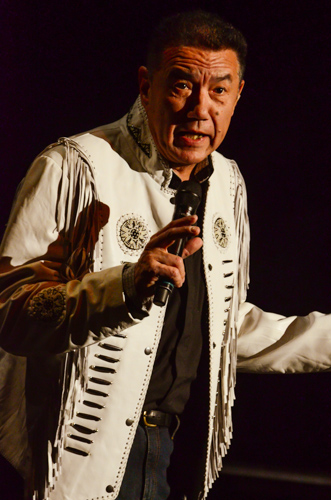
Graham Greene, the Oscar-nominated actor whose performances brought dignity and depth to film and television for nearly five decades, passed away on Monday in Stratford, Ontario, at the age of 73. His manager, Gerry Jordan, confirmed the news, describing Greene as an “award-winning legendary Canadian actor.” His passing followed a lengthy illness and marked the end of a remarkable career that expanded opportunities for Indigenous actors in Hollywood and beyond.
Born in Ohsweken on the Six Nations Reserve in southwestern Ontario, Greene’s journey to international acclaim was anything but conventional. Before turning to acting, he worked as a welder, carpenter, and audio engineer. His path shifted unexpectedly after a friend persuaded him to attend a script workshop for Indigenous actors, a decision that would change the course of his life. Greene later trained at the Center for Indigenous Theater in Toronto, where he discovered a passion for storytelling that shaped his career.

Breakthrough with Dances With Wolves
Greene rose to prominence with his portrayal of Kicking Bird, the Lakota Sioux medicine man in Kevin Costner’s 1990 epic Dances With Wolves. His performance earned him an Academy Award nomination for Best Supporting Actor, making him only the second North American Indigenous performer to receive such recognition. Critics praised his dignified and nuanced portrayal, which added authenticity and humanity to a film that sought to challenge Hollywood stereotypes.
Reflecting on the nomination, Greene offered characteristic humility: “Everybody else is more excited than I am. It’s nothing special. It’s like somebody saying after opening night that you were good. You’ve still got to get up the next morning and go back to work — and be better.”

Commitment to Craft and Authenticity
Greene’s preparation for Dances With Wolves highlighted his dedication. He spent three months studying the Lakota language for eight hours a day and mastered horseback riding to ensure the role’s cultural and physical accuracy. His commitment to authenticity set a benchmark for Indigenous representation in film and became a hallmark of his career.

Defying Stereotypes and Advocating for Diversity
Throughout his career, Greene resisted being narrowly defined as an “Indigenous actor.” In a 2018 interview, he explained, “I hate that phrase, ‘Graham Greene, Native actor.’ You don’t hear people say, ‘Denzel Washington, Black actor,’ or ‘Kevin Costner, white actor.’” He emphasized his wide-ranging roles, from Jewish elders to New York police officers, as evidence that an actor’s talent should transcend labels.
He also challenged directors who doubted Indigenous presence in diverse settings. Recalling an audition for Crimson Tide, Greene rejected suggestions that Native actors did not belong in certain roles, using his own family’s military history to underscore the importance of inclusive casting. His stance made him a quiet but powerful advocate for diverse representation on screen.

Memorable Roles Across Film and Television
Beyond Dances With Wolves, Greene built an expansive body of work across nearly 200 credits. His film performances included Arlen Bitterbuck in The Green Mile (1999), Joseph in Maverick (1994), and Chief Harry Clearwater in The Twilight Saga. He also appeared in Thunderheart, Wind River (2017), Molly’s Game (2017), and Running Brave (1983).
On television, he became a familiar presence in series such as Northern Exposure, Longmire, The Red Green Show, Spirit Bay, and more recently Reservation Dogs and The Last of Us. His roles often blended wit, wisdom, and subtle humor, making him a versatile performer across genres and audiences.

Honors and Recognition
Greene’s work was recognized with numerous awards and honors. He received a Dora Mavor Moore Award in 1989 for his stage performance in Tomson Highway’s Dry Lips Oughta Move to Kapuskasing and later a Canadian Screen Award. In 2000, he won a Grammy for Best Spoken Word Album for Children for Listen to the Storyteller.
He was appointed to the Order of Canada, received a star on Canada’s Walk of Fame in 2021, and earlier this year was honored with the Governor General’s Performing Arts Award for Lifetime Artistic Achievement. “It means a lot to be recognized in my own country,” he said.

A Legacy of Quiet Activism
Though he avoided overt political statements, Greene used his career to redefine Indigenous representation. He described himself as a “passive activist,” focusing on authentic portrayals rather than engaging in political debates. By bringing dignity and complexity to Indigenous characters, he quietly reshaped perceptions and opened doors for future generations.
Greene often described himself as a North American actor rather than solely Canadian, emphasizing his roots in the Six Nations Confederacy. “We don’t recognize the 49th parallel as a border,” he once said, underscoring his broader cultural identity.

Tributes and Lasting Influence
Tributes poured in following his passing. Tom Jackson described him as “a best friend to me” and praised his lifelong dedication to the business. Lou Diamond Phillips remembered him as “one of the wittiest, wiliest, warmest people I’ve ever known,” while Rob Morrow of Northern Exposure called him “a warm, welcomed and giving presence.” Kevin Costner said, “He was a master at work and a wonderful human being. I’m grateful to have been witness to this part of his lasting legacy.”
Younger actors also acknowledged his influence. Lily Gladstone described Greene as “one of the best to ever do it,” while Reservation Dogs actor D’Pharaoh Woon-A-Tai thanked him for trailblazing for Indigenous performers. Canadian Governor General Mary Simon stated, “Mr. Greene broke barriers for Indigenous actors, challenging stereotypes and opening doors for future generations.”

Greene remained active until his final year, appearing in Trail of Vengeance and completing roles in upcoming projects, including the thriller Ice Fall. His last television roles included Maximus in Reservation Dogs and Skully in Disney+’s Echo.
His passing leaves a profound void, but his nearly five decades of work continue to inspire. Greene’s career embodied resilience, artistry, and authenticity, ensuring that his influence will live on. As Jennifer Podemski, an Indigenous filmmaker and actress, observed, his death is “an epic loss for so many.” Yet his legacy remains as a symbol of strength, artistry, and inclusion, a reminder of the power of storytelling to transform culture.



